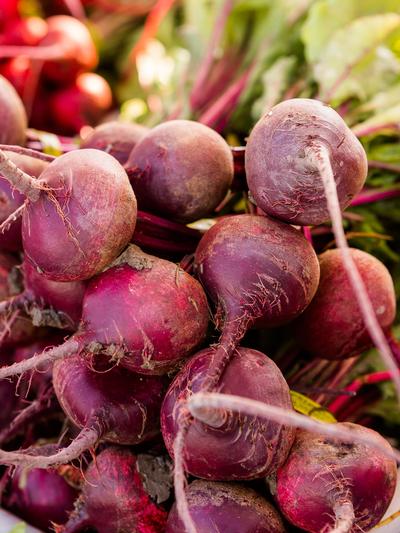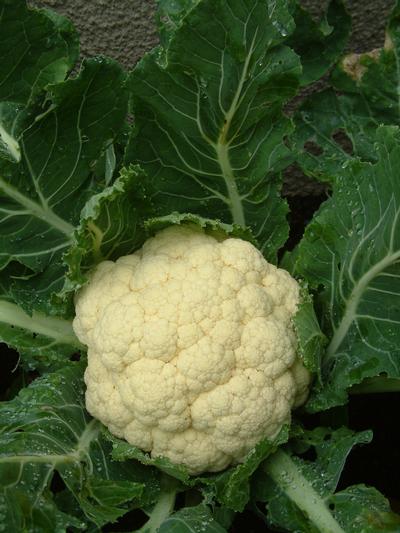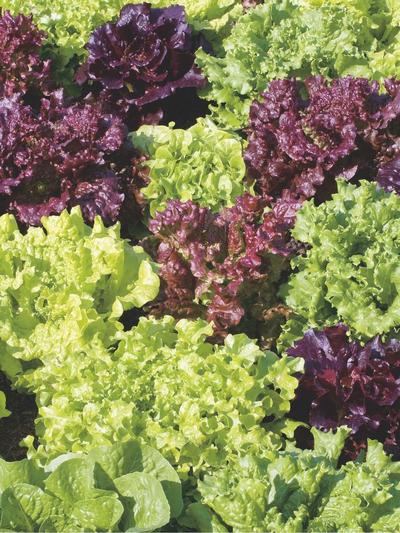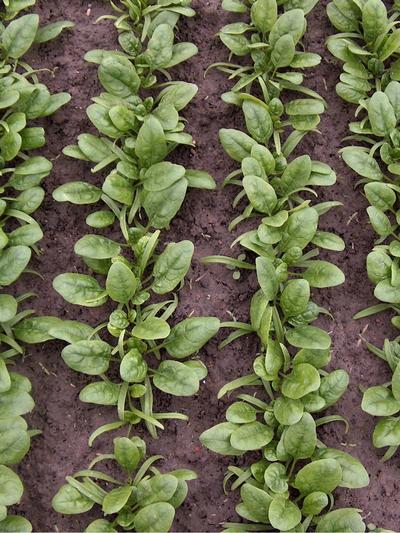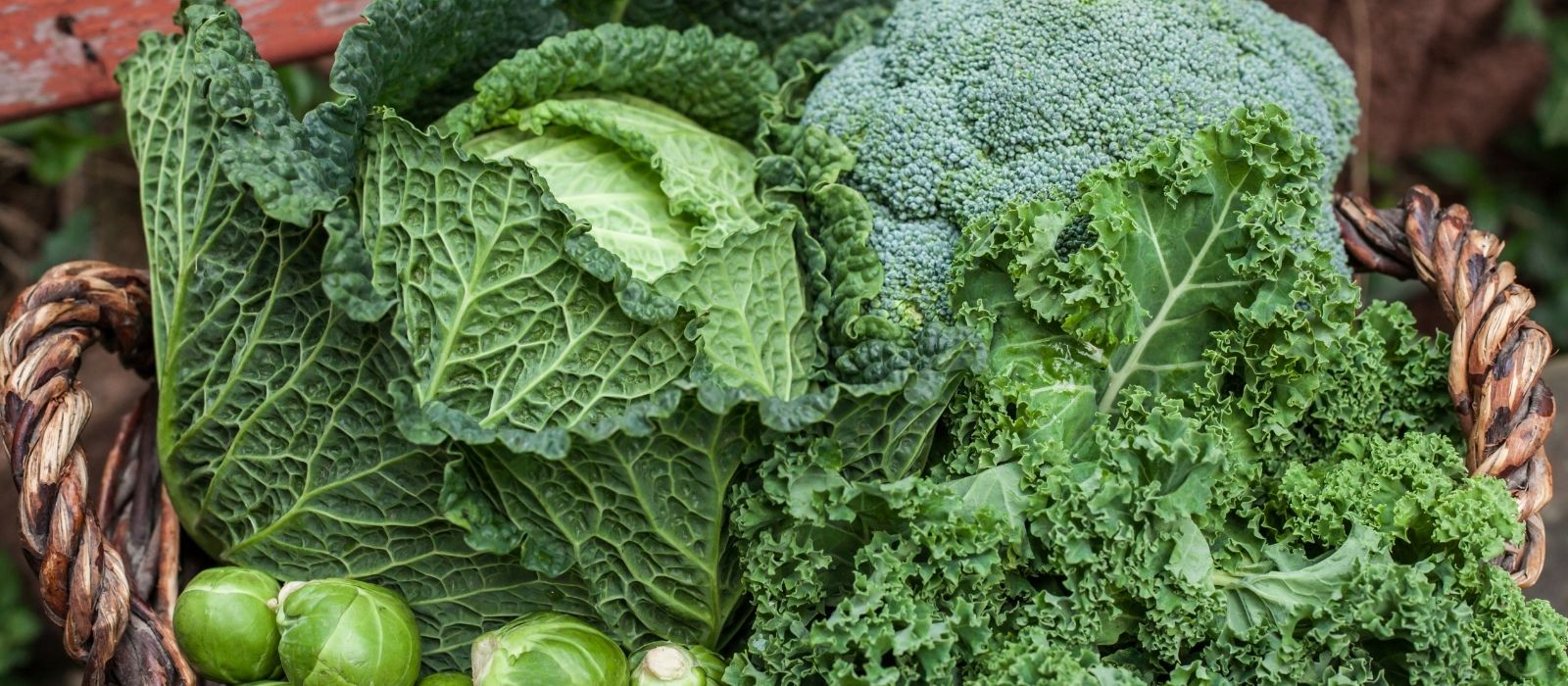
Broccoli
Broccoli is a fast-growing, cool-weather vegetable that thrives in moderate to cold climates. It grows to about 60-70cm tall and is packed with nutrients. It's a versatile veggie, great for stir-fries, salads, and more.
Beetroot
Beetroot is a classic favourite, whether raw, grated into salads, pickled, roasted, or made into beetroot chips. You can grow large traditional beets, baby beets, or even rainbow beets, which add vibrant colour to your garden and plate.
Cauliflower
Cauliflower is making a comeback, especially when you try baking a whole head. Its nutty flavour and subtle texture make it a delicious and versatile vegetable. For bigger, solid heads, apply lime at planting time—this trick doubles the size of the cauliflower compared to plants grown without lime.
Cabbage
Packed with essential vitamins, cabbage is a hardy and reliable vegetable. For a variety of tastes, try:
- County Green: A traditional cabbage variety for year-round harvests.
- Savoy: Milder in flavour, ideal for coleslaw.
- Red Rooster: A vibrant red cabbage that looks as cool as it tastes.
Lettuce
While many believe lettuce is frost-sensitive, many types handle frost just fine. The soft-leaf buttercrunch varieties are the most frost-tender, but frilly and hearting varieties can survive and even thrive in the cold. Be sure to reduce watering during winter to avoid frost damage.
Kale
Kale is a superfood packed with antioxidants, vitamins, and minerals and is incredibly versatile. Add it to salads, stir-fries, or even bake it into crispy kale chips. It's also perfect in smoothies, helping you easily get your daily dose of greens.
Rainbow Carrots
Carrots are one of the easiest vegetables to grow; rainbow carrots take it to the next level. Not only do they add a pop of colour to your garden, but they also offer a variety of flavours and health benefits, providing more than just the standard vitamin A of traditional orange carrots.
Spinach
Spinach is a nutrient-dense superfood that can be enjoyed fresh, cooked, or blended into smoothies. Baby or perpetual spinach varieties are perfect for cool weather and will keep producing nutritious leaves throughout the winter.
Silverbeet
Silverbeet, also known as Swiss chard, is loved for its ability to regenerate after harvesting. You can cut a few outer leaves, and the plant will quickly grow new, nutritious leaves. It thrives in cooler temperatures, but remove any flower stems to keep it growing strong.
Planting these hardy vegetables in your autumn garden will ensure a productive winter harvest. Enjoy growing your food while reaping the benefits of a healthy, homegrown winter garden!

